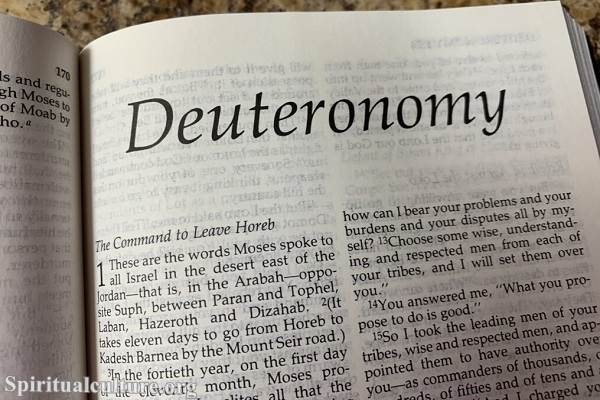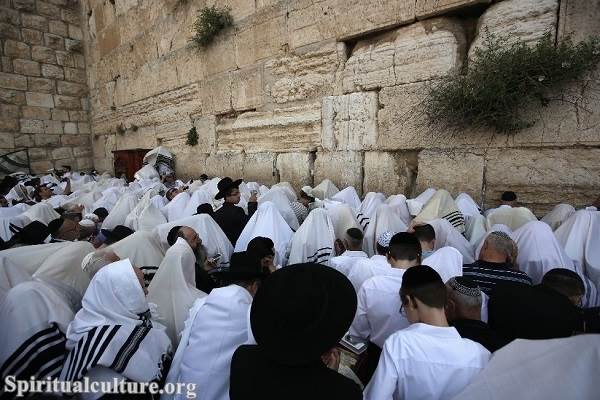The term “Rosh Hashanah” literally translates to “head of the year” or “first of the year” in Hebrew. It’s a time of introspection, renewal, and the beginning of the High Holy Days, a ten-day period of repentance that culminates in Yom Kippur, the Day of Atonement.
What is Rosh Hashanah?
Judaism, one of the oldest monotheistic religions, is rich in history, tradition, and holidays. Each Jewish holiday carries a unique significance, often marked by particular rituals and customs. Rosh Hashanah is no exception. It is a two-day celebration that commences on the first day of Tishrei, the seventh month of the Hebrew calendar. Unlike the Gregorian calendar that most of the world uses, the Hebrew calendar is lunar-based, meaning Rosh Hashanah usually falls in September or October.
Rosh Hashanah is considered a time of judgment when Jews believe God reviews and judges each individual’s actions over the past year. Despite the solemnity that this implies, Rosh Hashanah is also a celebration, a time for joy and new beginnings. It’s a moment to look forward to the year ahead with hope and optimism while also reflecting on the past year’s deeds and seeking forgiveness where necessary.
The Meaning of Rosh Hashanah
Rosh Hashanah is not just a new year celebration in the secular sense. It is a holiday rooted in spiritual renewal and moral inventory. The Talmud, one of the central texts of Judaism, refers to Rosh Hashanah as the day of remembrance or the day of blasting, referring to the blowing of the shofar, a ram’s horn, which is a key ritual during this holiday.
The shofar serves as a spiritual wake-up call, reminding Jews of their obligations and duties. It is blown 100 times during each morning service over the two days of Rosh Hashanah. The sound of the shofar is a stark reminder of the binding of Isaac, a story from the Hebrew Bible where Abraham was willing to sacrifice his son Isaac to show his obedience to God.
Customs and Traditions of Rosh Hashanah
Rosh Hashanah is also characterized by unique customs and traditions. One of the most well-known is the eating of apples dipped in honey, symbolizing the desire for a sweet new year. Other foods eaten include pomegranates, symbolizing a year full of blessings and good deeds, and round challah bread, representing the cyclical nature of life.
Another important tradition is Tashlich. This ritual involves going to a body of water and throwing pieces of bread or pebbles into it, symbolizing the casting away of sins and mistakes of the past year and the intention to start anew.
Rosh Hashanah is a time for prayer services and spending time in the synagogue. One of the central prayers is the “Unetaneh Tokef,” which speaks about the fragility of human life and the supremacy of God’s judgment.
The Meaning of Rosh Hashanah
The meaning of Rosh Hashanah is multifaceted. It is a time of judgment, but also a time of hope. It’s a time to reflect on the past and look forward to the future. It’s a time to seek forgiveness and to forgive others. Above all, Rosh Hashanah is a time of renewal – a chance to start fresh, both in our relationships with others and in our relationship with God.
Rosh Hashanah is a profound and significant time in the Jewish calendar, offering a unique blend of solemnity and celebration. It provides an opportunity for introspection, a chance to celebrate life, and the potential for a fresh start. Whether you are Jewish or not, the lessons and themes of Rosh Hashanah – reflection, repentance, and renewal – are universal and can provide a meaningful perspective as we navigate our lives.


